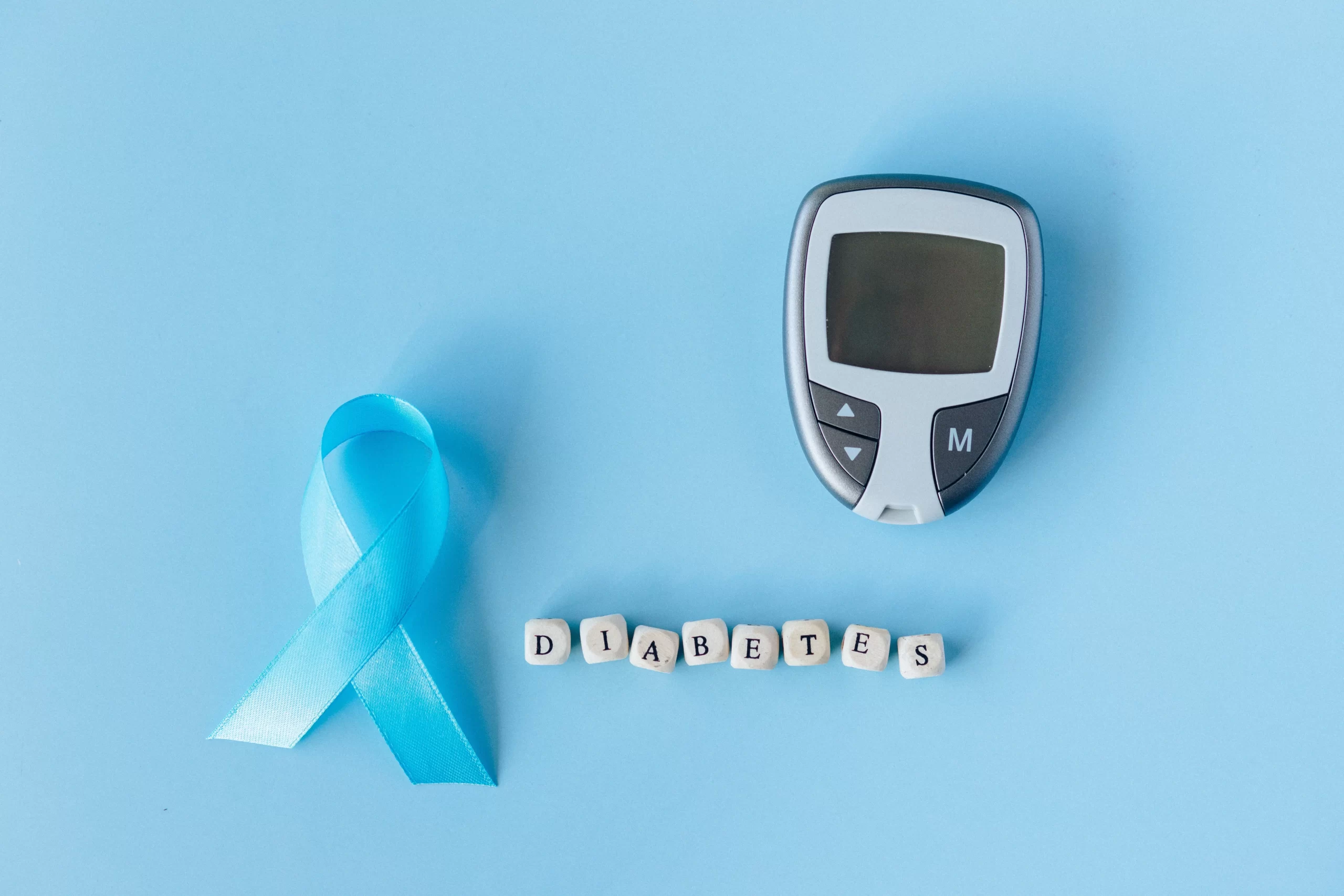2023 Tingling or Numbness of hands or feet is a common issue that many women face during pregnancy. Women face problems of tingling sensation or a loss of feeling in different parts of your body. Tingling or numbness can be serious for some of the women. It can be very alarming for many women so it’s essential to understand the reasons behind it.

Women ask with their healthcare provider why does my hand go numb during pregnancy?. n this article we will discuss about the what is tingling or numbness in the body parts of the women, what are the causes and symptoms of the numbness during pregnancy. How to deal with numbness during pregnancy.
- Causes of Numbness of hands or feet in Pregnancy
- When does numbness start in pregnancy?
- What are the symptoms of Numbness in pregnancy ?
- How to deal with numbness in feet and hands during pregnancy
- What are the recommended exercise to deal with numbness during pregnancy ?
- Summary
- Q: What causes numbness during pregnancy?
- Q1: Is numbness during pregnancy normal?
- Q2: What are the symptoms of numbness during pregnancy?
- Q3: Can numbness during pregnancy harm the baby?
- Q4: What can I do to prevent or alleviate numbness during pregnancy?
- Q5: Can numbness during pregnancy be a sign of a more serious condition?
- Q6: What are the risk factors for developing numbness during pregnancy?
- Q7: When should I seek medical attention for numbness during pregnancy?
Causes of Numbness of hands or feet in Pregnancy
There are several causes of numbness in pregnancy, including carpal tunnel syndrome, poor circulation, pinched nerves, nutritional deficiencies, and gestational diabetes.
1. Carpal tunnel syndrome
Now let’s discuss what is carpal tunnel syndrome.So Carpal tunnel syndrome is a condition caused by the compression of the median nerve that runs from the forearm to the hand. Swelling that occurs during pregnancy can put pressure on the median nerve, leading to numbness and tingling in the hand and fingers. If you think you have carpal tunnel syndrome, it’s essential to see a doctor for proper treatment, which may include splints, exercises, or surgery.
2. Poor circulation
Poor circulation is another common cause of numbness in pregnancy. As your body changes during pregnancy, it can affect your blood circulation. This can lead to numbness or tingling in different parts of your body, including your legs and feet. To improve circulation, it’s crucial to stay active and avoid sitting or standing for long periods. Regular exercise, such as walking or swimming, can help improve blood flow and reduce the risk of numbness.
3. Pinched nerves
Pinched nerves are a common cause of numbness in pregnancy. This occurs when pressure is put on a nerve, causing it to become irritated or compressed. Pinched nerves can occur in different parts of your body, including your back, neck, or shoulders. If you suspect you have a pinched nerve, it’s essential to see a doctor. They can recommend treatments such as physical therapy or medications to alleviate the symptoms.
4. Nutritional deficiencies
Nutritional deficiencies can also cause numbness in pregnancy. This occurs when your body is not getting enough vitamins and minerals that are essential for nerve function. Common deficiencies include vitamin B12 and folic acid. Nutritional deficiencies can be avoided by eating a healthy, balanced diet that includes plenty of fruits, vegetables, and whole grains. You can consult your doctor for taking prenatal vitamins to ensure that you are getting all the nutrients you need.
5. Gestational diabetes
Gestational diabetes is a condition that occurs during pregnancy when your body is not able to produce enough insulin to regulate your blood sugar levels. This can cause numbness or tingling in different parts of your body, including your hands and feet. If you suspect you have gestational diabetes, it’s crucial to see a doctor. They can recommend treatments such as diet and exercise or medication to regulate your blood sugar levels and prevent further complications.
Also Read: What is the Best Time to Eat Fruit During Pregnancy?
When does numbness start in pregnancy?
Numbness may occurs in the hands and feet of pregnant women as early in the first trimester. Others women may not experience it until later in their pregnancy. Commonly women feel numbness in the later stages of pregnancy, especially during the third trimester.
What are the symptoms of Numbness in pregnancy ?
Numbness during pregnancy can cause various symptoms, depending on the underlying cause and the affected area of the body. Here are some common symptoms of numbness in pregnancy:
1. Tingling or prickling sensation:
This is one of the most common symptoms of numbness during pregnancy. You may feel like pins and needles are being pricked on your skin, particularly in the hands, feet, or legs.
2. Loss of sensation:
You may also experience a loss of sensation or feeling in the affected area. This can make it difficult to perform daily tasks, such as gripping objects or walking.
3. Weakness:
Numbness during pregnancy can also cause weakness in the affected area. This can make it difficult to move or perform physical activities.
4. Pain:
In some cases, numbness may be accompanied by pain or discomfort in the affected area. This can range from mild to severe and can be a sign of an underlying condition.
5. Swelling:
Numbness during pregnancy can also cause swelling during pregnancy in the affected area. This can make it difficult to move or perform daily tasks.
6. Redness or discoloration:
Numbness may also be accompanied by redness or discoloration in the affected area. This can be a sign of an underlying condition and should be evaluated by a doctor.
It is important to talk to your doctor if you experience any of these symptoms, particularly if they persist or worsen over time. Your doctor can help determine the underlying cause of your numbness and recommend appropriate treatment options to alleviate your symptoms.
How to deal with numbness in feet and hands during pregnancy
Numbness during pregnancy can be a concerning symptom, but don’t worry, there are ways to manage and alleviate the discomfort. Here are some simple tips on how to deal with numbness during pregnancy.
1. Stay active with regular exercise
Regular exercise can improve blood circulation and prevent numbness caused by poor circulation. Walking, swimming, or prenatal yoga are great activities to keep your body active and promote blood flow.
2. Keep good posture
Poor posture can put pressure on your nerves and cause numbness in your arms or legs. To prevent this, maintain good posture by sitting up straight and avoiding slouching. Invest in a comfortable chair that provides good support for your back.
3. Take breaks from sitting or standing
If you have a job that requires you to sit or stand for long periods, take regular breaks to stretch and move around. This can help prevent numbness caused by sitting or standing in one position for too long.
4. Wear comfortable shoes
Wearing comfortable shoes that fit properly can prevent numbness in your feet and toes. Avoid wearing high heels or shoes that are too tight, as they can restrict blood flow and cause discomfort.
5. Don’t cross your legs
Crossing your legs can put pressure on the nerves and cause numbness. To prevent this, try to keep your feet flat on the ground and avoid crossing your legs when sitting.
6. Massage the affected area
Gently massaging the affected area can help improve blood flow and alleviate numbness. Use circular motions with your fingers or a massage ball to apply pressure to the affected area.
7. Use heat or cold therapy
Applying heat or cold therapy can help relieve numbness and reduce inflammation. Use a heating pad or warm towel to apply heat, or a cold pack or bag of ice to apply cold therapy. Make sure to wrap the heat or cold pack in a towel before applying it to your skin.
8. Consult your doctor
If you experience numbness that is persistent or severe, talk to your doctor. They can help determine the underlying cause and recommend appropriate treatment options. In some cases, they may refer you to a specialist for further evaluation and treatment.
What are the recommended exercise to deal with numbness during pregnancy ?
Numbness during pregnancy is a common problem that many women experience. Fortunately, there are several exercises that can help prevent or alleviate these symptoms.
Now lets discuss about some exercises that you can do to avoid numbness during pregnancy:
1. Stretching:
Stretching exercises can help improve circulation and reduce muscle tension, which can help prevent or alleviate numbness. Simple stretches such as wrist and ankle rotations can be done daily to keep the joints mobile and relieve tension.
2. Yoga:
Prenatal yoga is a gentle form of exercise that can help reduce stress, improve flexibility, and alleviate numbness. Certain yoga poses such as the cat-cow stretch and the pigeon pose can help improve circulation and reduce muscle tension.
3. Pelvic tilts:
Pelvic tilts are a simple exercise that can help strengthen the lower back muscles and improve circulation. To perform this exercise, lie on your back with your knees bent and feet flat on the floor. Slowly tilt your pelvis forward and backward, focusing on engaging your lower abdominal muscles.
4. Walking:
Walking is a low-impact exercise that can help improve circulation and prevent numbness. Aim for at least 30 minutes of brisk walking per day to keep your body active and healthy.
5. Swimming:
Swimming is a great exercise for pregnant women because it is low-impact and helps improve circulation. Swimming can also help reduce swelling and alleviate discomfort in the legs and feet.
It is important to talk to your doctor before starting any exercise routine during pregnancy, particularly if you have a history of medical conditions or complications. Your doctor can help recommend exercises that are safe and appropriate for your individual needs.
Remember to always listen to your body and stop any exercise that causes discomfort or pain. Incorporating these exercises into your daily routine can help alleviate numbness during pregnancy and promote overall health and well-being.
Summary
Numbness during pregnancy can be caused by several factors, including carpal tunnel syndrome, poor circulation, pinched nerves, nutritional deficiencies, and gestational diabetes. If you are experiencing numbness during pregnancy, it’s essential to talk to your doctor to determine the underlying cause and recommend appropriate treatment options.
Don’t let numbness during pregnancy interfere with your daily activities. By following these tips and talking to your doctor, you can prevent numbness and enjoy a comfortable pregnancy.
Numbness during pregnancy can be a normal symptom, but it can also be a sign of an underlying condition. It is important to talk to your doctor if you experience persistent or severe numbness, and take steps to prevent and alleviate the discomfort.
Frequently Asked Questions (FAQs) for Numbness in Pregnancy:
Q: What causes numbness during pregnancy?
A: Numbness during pregnancy can be caused by a variety of factors, including hormonal changes, increased pressure on nerves and blood vessels, and poor circulation.
Q1: Is numbness during pregnancy normal?
A: Yes, numbness during pregnancy is a common symptom experienced by many women. However, it is important to talk to your doctor if you are experiencing severe or persistent numbness, as it can be a sign of a more serious condition.
Q2: What are the symptoms of numbness during pregnancy?
A: Symptoms of numbness during pregnancy can include tingling, burning, or pins and needles sensations in the hands, feet, legs, or arms.
Q3: Can numbness during pregnancy harm the baby?
A: In most cases, numbness during pregnancy does not harm the baby. However, if you are experiencing severe or persistent numbness, it is important to talk to your doctor to rule out any underlying medical conditions.
Q4: What can I do to prevent or alleviate numbness during pregnancy?
A: There are several things you can do to prevent or alleviate numbness during pregnancy, including regular exercise, maintaining good posture, and avoiding crossing your legs. It is important to talk to your doctor before starting any exercise routine during pregnancy.
Q5: Can numbness during pregnancy be a sign of a more serious condition?
A: In rare cases, numbness during pregnancy can be a sign of a more serious condition such as carpal tunnel syndrome or gestational diabetes. It is important to talk to your doctor if you are experiencing severe or persistent numbness.
Q6: What are the risk factors for developing numbness during pregnancy?
A: Risk factors for developing numbness during pregnancy include advanced maternal age, pre-existing medical conditions such as diabetes or thyroid disorders, and a history of carpal tunnel syndrome.
Q7: When should I seek medical attention for numbness during pregnancy?
A: If you are experiencing severe or persistent numbness, or if you are concerned about your symptoms, it is important to talk to your doctor. They can help rule out any underlying medical conditions and recommend appropriate treatment options.
Real Also: 10 Healthy Powerful Fruits for a Healthy Pregnancy: Nutritious Choices for Expecting Mothers




